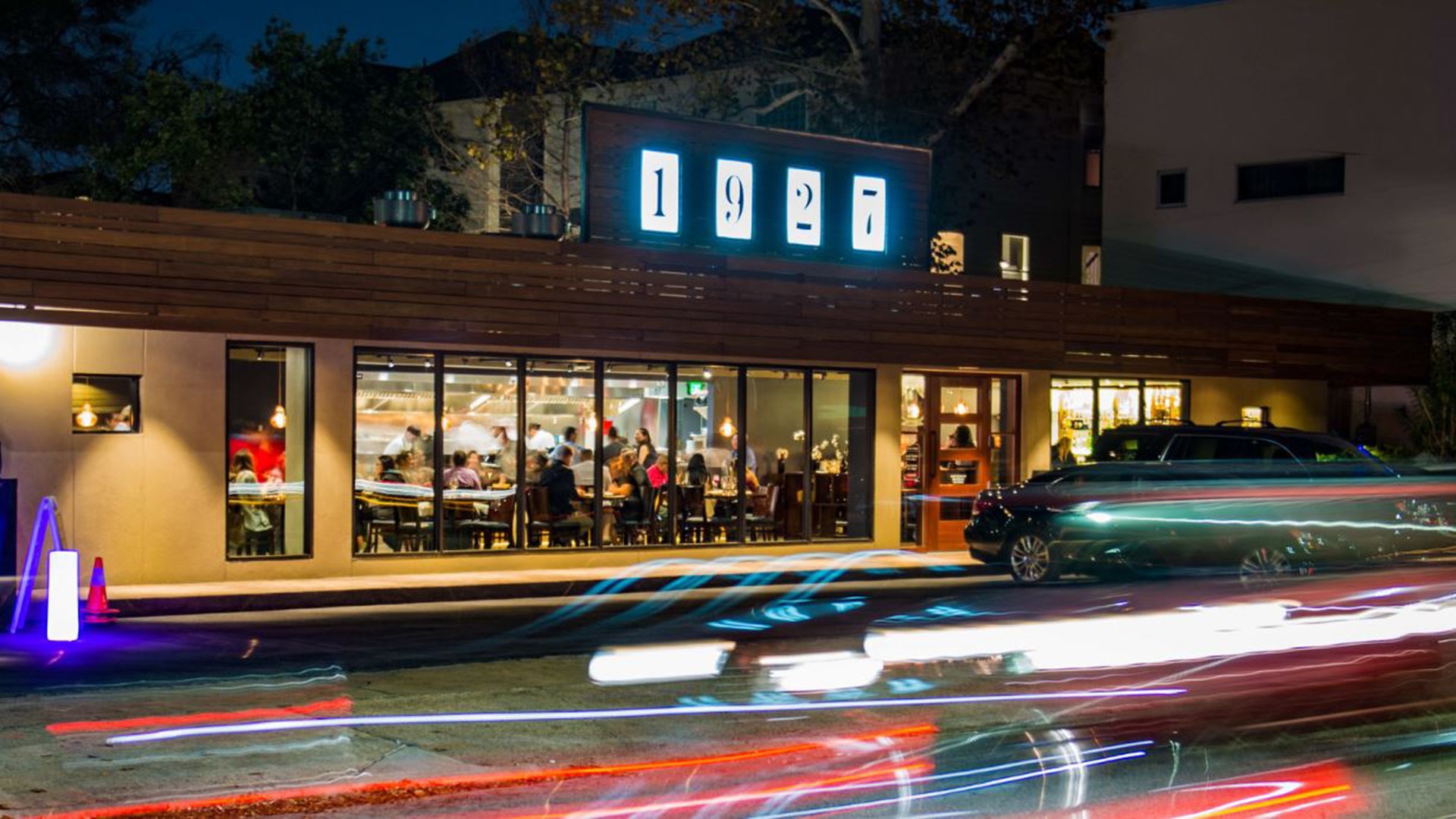HOUSTON — Tuesday morning, Houston and Harris County leaders announced a "Stay Home, Work Safe Order," similar to a shelter-in-place or stay-at-home order issued in other communities across the world.
But what exactly does that mean?
Harris County Judge Lina Hidalgo made it clear Monday that she did not want to use the term "shelter-in-place" because that, in Houston, is typically reserved for plant explosions or hurricanes.
Beginning Tuesday, all individuals living within Houston and Harris County are ordered to stay home, only leaving the house to "perform allowed activities."
So what is allowed under the "Stay Home, Work Safe" order?
There are four categories of activities allowed under the order:
- "Activities related to maintaining health and safety of your family and your pets." The order provides examples, such as seeking emergency services, obtaining medical supplies and visiting a health care professional. The exception includes caring for a family member or pet in another household.
- "Activities to obtain necessary supplies for you, your family and household." This part of the exception includes groceries or food, pet supplies and pet food, supplies needed to work from home and consumer products, such as toilet paper and cleaning supplies.
- Outdoor activity, such as walking, running or cycling." These activities are allowed under the order as long social distancing -- staying 6 feet away from others -- is practiced; don't visit parks,gyms or anyplace else that has surfaces you touch.
- "Working for an exempted business of government that is providing services needed by the public during this crisis." Under the order, all businesses are to close other than allowing employees to work from home, maintaining security and maintenance of the business' property, and facilitating information technology services that allow employees to work from home.
- RELATED: Houston, Harris County issue 'Stay home, Work safe order'
- RELATED: Houston to 'Stay home, work safe' | So what is an essential business or job?
Businesses that are exempt from the order include:
- Healthcare operations - this includes hospitals, clinics, dentists, pharmaceutical companies and veterinary offices.
- Government functions that provide for the health, safety, and welfare of the public - this includes first responders, emergency personnel, trash collection, water and electric utilities.
- School and education personnel - this includes public and private K-12 schools, colleges, and universities that are facilitating distance learning.
- Companies providing or maintaining infrastructure - this includes construction of public works, housing, or other infrastructure to support critical needs, like gas, electricity, sewage, water, internet, and telecommunications.
- Businesses related to transportation - this includes gas stations, repair shops, car dealerships, manufacturers, public transportation (buses, taxis, rideshare companies, and the airports).
- Information technology companies providing and maintaining internet and telecommunications systems.
- Retail businesses that sell food, gas and household products - that includes grocery stores, big box stores, farmers' markets, laundromats, and dry cleaners.
- Charitable organizations that provide food, shelter, and services to economically disadvantaged or vulnerable populations - including animals.
- Hotels and other temporary residence facilities
- Businesses providing home maintenance and other services - this includes mail and shipping companies, building maintenance, plumbers, electricians, exterminators, and professional services (such as legal or accounting services necessary to comply with legally required activities like filing taxes.
- News media - this includes newspapers, television, radio, and other outlets providing information to the public.
- Financial institutions - this includes banks, credit unions, and title companies.
- Childcare services.
The order will be in effect from midnight Tuesday, March 24, to at least April 3.
(KENS in San Antonio contributed to this report.)
Coronavirus symptoms
The symptoms of coronavirus can be similar to the flu or a bad cold. Symptoms include a fever, cough and shortness of breath, according to the Centers for Disease Control.
Most healthy people will have mild symptoms. A study of more than 72,000 patients by the Centers for Disease Control in China showed 80 percent of the cases there were mild.
But infections can cause pneumonia, severe acute respiratory syndrome, kidney failure and even death, according to the World Health Organization. Older people with underlying health conditions are most at risk.
The CDC believes symptoms may appear anywhere from two to 14 days after being exposed.
Human coronaviruses are usually spread through...
- The air by coughing or sneezing
- Close personal contact, such as touching or shaking hands
- Touching an object or surface with the virus on it, then touching your mouth, nose or eyes before washing your hands.
Help stop the spread of coronavirus
- Stay home when you are sick.
- Eat and sleep separately from your family members
- Use different utensils and dishes
- Cover your cough or sneeze with your arm, not your hand.
- If you use a tissue, throw it in the trash.
Lower your risk
- Wash your hands often with soap and water for at least 20 seconds. If soap and water are not available, use an alcohol-based hand sanitizer.
- Avoid touching your eyes, nose, and mouth with unwashed hands.
- Avoid close contact with people who are sick.
- Clean and disinfect frequently touched objects and surfaces.
- If you are 60 or over and have an underlying health condition such as cardiovascular disease, diabetes or respiratory illnesses like asthma or COPD, the World Health Organization advises you to try to avoid crowds or places where you might interact with people who are sick.
Get complete coverage of the coronavirus by texting 'FACTS' to 713-526-1111.

